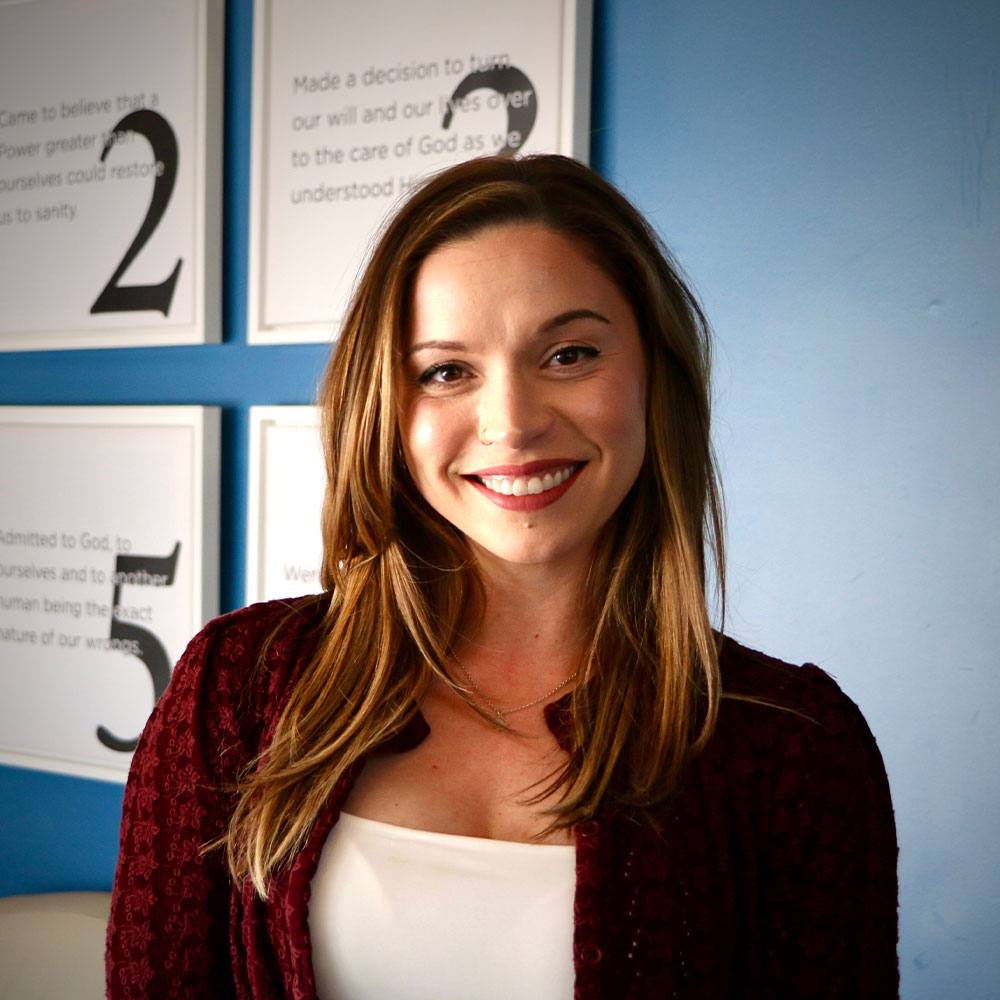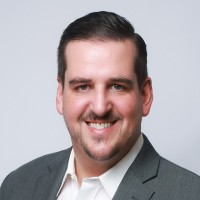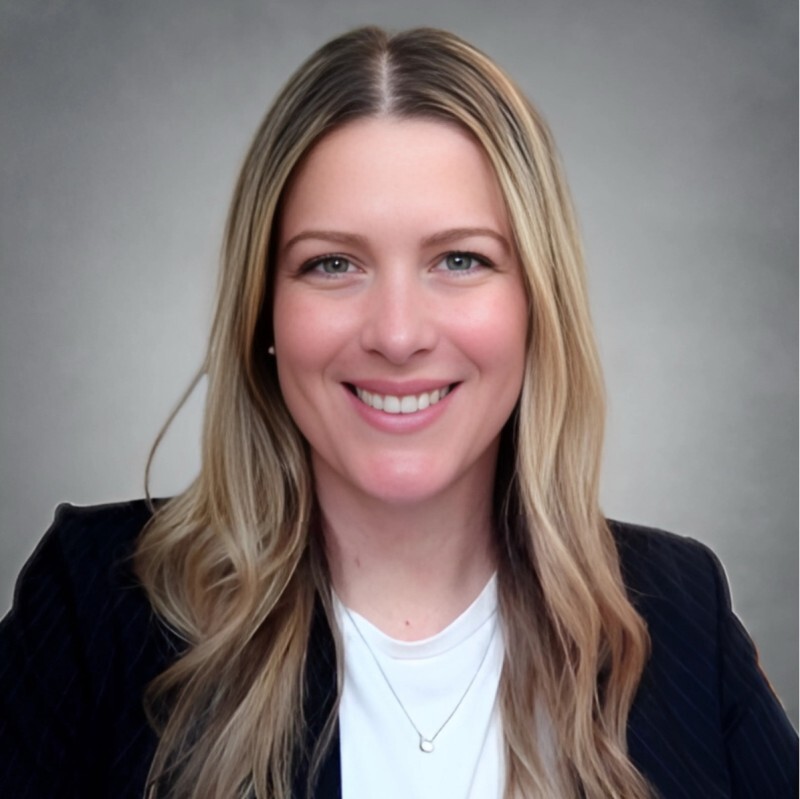Physicians can misdiagnose a prescription drug abuse problem and bypass the suggestion of drug abuse rehab.

Although marijuana is the most commonly abused drug in the United States, the most common prescription pill addiction has been opioid-based pain medicines in recent years. In 2014, an estimated 1.9 million people in the United States suffered from an opioid pain medicine abuse disorder. Other sedatives, as well as stimulants such as adderall or ritalin, or antianxiety medicines such as benzodiazepines are all also commonly abused, but not to the epidemic proportions that opioid abuse is reaching.
It can be a difficult subject to breach with our patient, but a clinician with a keen eye can notice symptoms that indicate prescription drug abuse is occurring , often before our patient is ready to admit the problem and opt for drug abuse rehab. It is also common for friends, family or those close to a chronic abuser to notice the symptoms and report the instance to a professional in order to get the necessary help for their loved one. The following are signs that indicate pill addiction and could help identify any clients that may be abusing them:
- Appearing unusually sedated or energetic.
- Seeking prescriptions from multiple doctors
- Asking for multiple increases in dosage
- Poor memory
- Trouble with coordination or walking awkwardly
- New or worsening depression, anxiety or irritability
You may notice that some of these symptoms are vague, and therefore people may be prone to misdiagnose others. These factors may appear from external sources, instead of addiction. Physicians are the front line in maintaining an open discussion with patients about the possibilities of drug abuse and the option of drug abuse rehab. In addition to prescribing medications with caution, a physician must always ask questions to investigate any potential misuse that could develop into a physical addiction.
Symptoms of Pill Addiction in Adolescents
Teenage years can be a time of emotional distress, and so it can be particularly difficult to initially identify an addiction. It is easy to mistake the normalcies of adolescent growth with the signs of drug abuse. Additional issues can complicate matters further, including the development of a co-occurring psychological disorder. Because of this, clinicians often misdiagnose or miss the addiction altogether. The following are signs that may indicate an adolescent may be abusing prescription drugs:
- Excessive irritability or unexplained periods of crying
- Changes in sleep patterns: irregular periods of sleep or staying up for multiple days
- Sudden loss of interest or hobbies
- Loss of intimate relationships with friends and family, wanting much more ‘alone time’
- Lack of care for basic hygiene or appearance
Of course, some of these signs may not necessarily be related to substance abuse, which is why it is crucial to establish an open and honest dialogue when pill addiction is suspected. We will always refer our patient to a therapist as well as drug abuse rehab. This is in order to determine if there is a mental health issue contributing to the symptoms at hand.
Getting Treatment for Pill Addiction
Treatment options will differ depending on the substance in question and our patient’s history and patterns of abuse. In the case of opioid and other medications where physical addiction is present, withdrawal is the first step in recovery. We may be able to alleviate this through the use of various medications. Through long-term addiction, there can be physical changes in the brain chemistry of our patient. Attempting to counteract these changes is no small task.
Regardless of the specific pills the patient is abusing, the best course of treatment is through a professional drug rehab provider. Ideally, this will involve a multifaceted treatment plan, individualized for each patient. Psychotherapy and medication treatment work best simultaneously to address the different aspects of addiction.
Contact Lighthouse at 1-800-RECOVERY for more information on facilities in your area that are dedicated to changing the way addiction is treated in the United States.
Related Tags: Pill Addiction | Lighthouse






